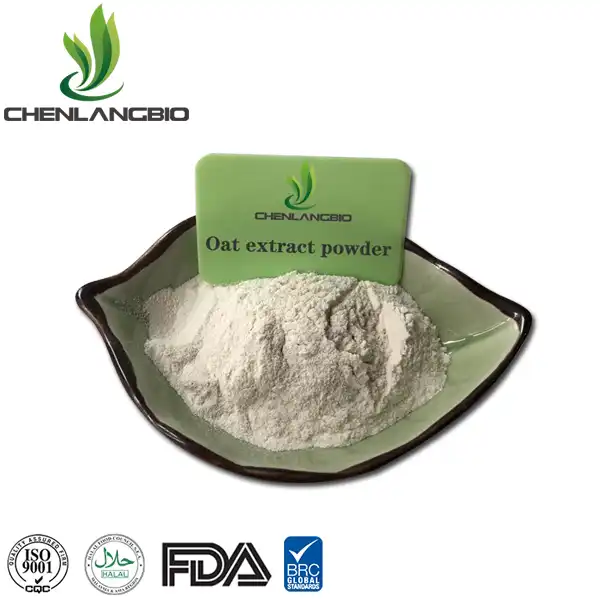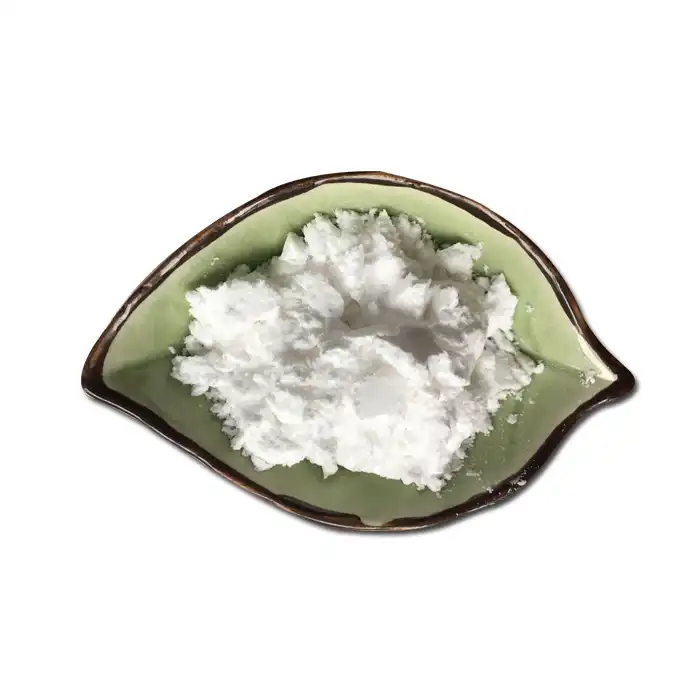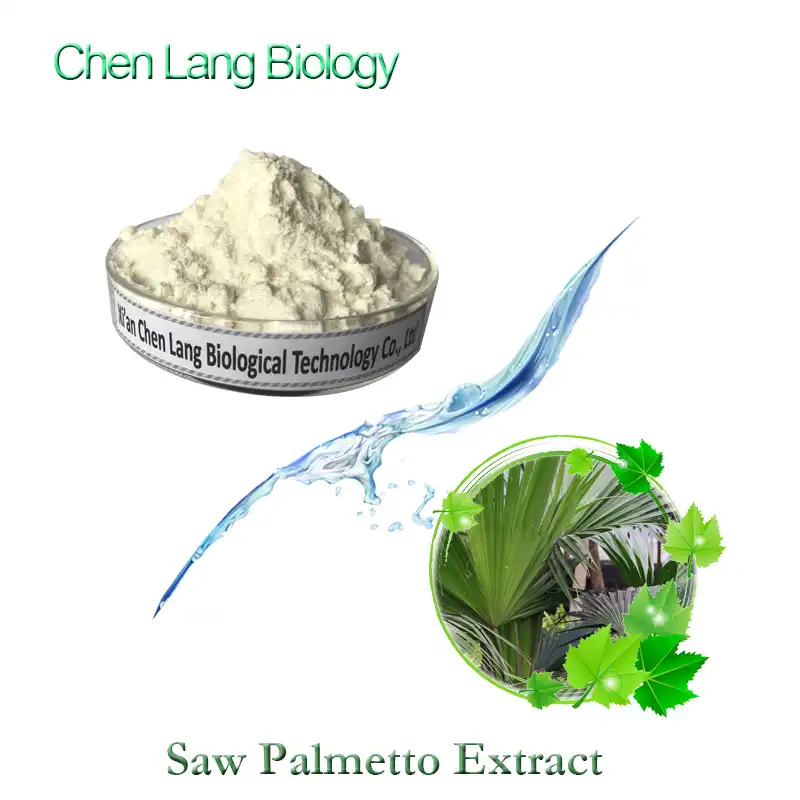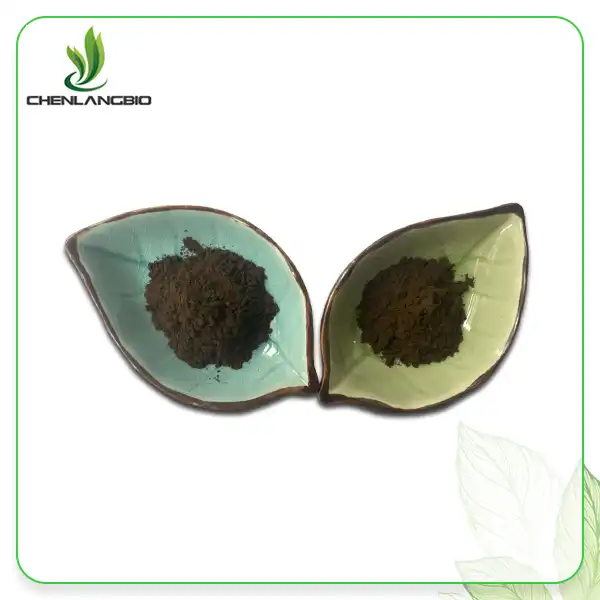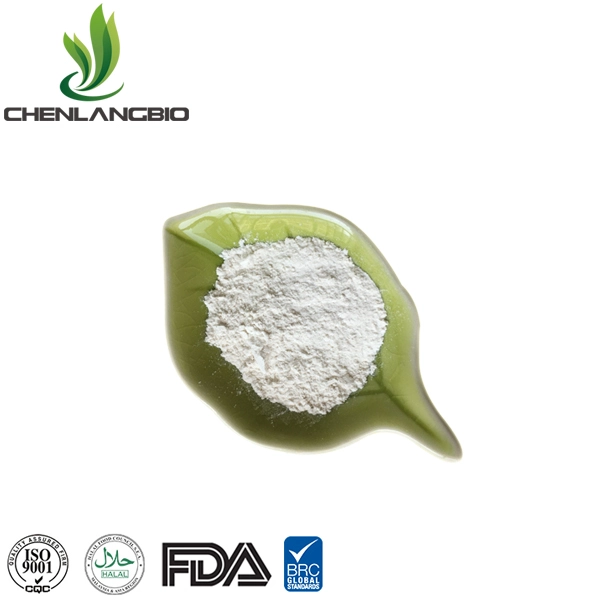How Much Mangiferin Is In A Mango
2024-06-21 15:47:31
Mangiferin is a powerful polyphenol predominantly found in mangoes, known for its potent antioxidant and anti-inflammatory properties. This bioactive compound is gaining attention for its numerous health benefits, including anti-cancer, antidiabetic, and immunomodulatory effects. This article explores the mangiferin content in mangoes and its impact on health.

How Much Mangiferin is in a Mango?
Mangoes: The Richest Source
Mangoes are the most well-known source of mangiferin. The concentration of mangiferin in a mango varies significantly depending on the part of the fruit and the variety. Generally, the highest concentration is found in the mango peel, followed by the seed kernel, with the flesh containing the least amount.
Peel: The dried peel of mangoes can contain up to 1690 mg/kg of mangiferin, making it the richest source within the fruit.
Seed Kernel: The seed kernel contains about 42 mg/kg of mangiferin.
Pulp: The pulp, while less concentrated, still contributes approximately 4.4 mg/kg of mangiferin.
The differences in mangiferin content can be attributed to various factors such as the mango variety, growing conditions, and the method of extraction. Studies indicate that wild mango varieties tend to have higher levels of mangiferin compared to cultivated ones. Furthermore, organic farming practices may enhance the polyphenol content in mangoes, including mangiferin.
Health Benefits of Mangiferin
Mangiferin's health benefits are well-documented, including its antioxidant, anti-inflammatory, and anticancer properties. It helps protect against oxidative stress, supports immune function, and has been shown to have potential therapeutic effects against a variety of diseases, including diabetes and cardiovascular conditions.
Antioxidant Properties
Mangiferin is a potent antioxidant that helps neutralize free radicals in the body. Free radicals are unstable molecules that can damage cells, leading to chronic diseases and aging. By scavenging these harmful molecules, mangiferin helps protect cells from oxidative stress and maintains cellular health.
Anti-Inflammatory Effects
Inflammation is a natural response to injury or infection, but chronic inflammation can contribute to various diseases such as arthritis, heart disease, and cancer. Mangiferin has anti-inflammatory properties that help reduce inflammation and prevent the onset of these chronic conditions. It inhibits the production of pro-inflammatory cytokines and enzymes, thereby reducing inflammation at the molecular level.
Anticancer Potential
Research suggests that mangiferin has significant anticancer potential. It inhibits the growth and proliferation of cancer cells and induces apoptosis (programmed cell death) in various cancer types, including breast, colon, and skin cancers. The compound achieves this by modulating several signaling pathways involved in cancer development and progression.
Why Is Mangiferin in Mangiferin Powder Beneficial?
Mangiferin powder supplements are derived from mangiferin-rich sources like mango leaves and bark. These supplements offer a convenient way to increase mangiferin intake, especially for those who may not consume mangoes regularly.
What Are the Benefits of Mangiferin Powder?
Concentrated Source: Mangiferin powder provides a concentrated form of the compound, ensuring a higher intake of this potent antioxidant.
Convenience: Supplements are easy to incorporate into the daily routine, available in capsules or powders that can be mixed into beverages or food.
Standardized Dosage: Supplements offer a consistent and standardized dose, which can be challenging to achieve through dietary intake alone.
Enhanced Bioavailability
Mangiferin supplements are often formulated to enhance bioavailability, meaning the body can absorb and utilize the compound more effectively. This ensures that individuals receive the maximum health benefits from their supplement intake.
Support for Chronic Conditions
Mangiferin powder has been studied for its potential to support individuals with chronic conditions such as diabetes, cardiovascular diseases, and neurodegenerative disorders. By incorporating mangiferin powder into their routine, individuals may experience improvements in blood sugar control, heart health, and cognitive function.

How Should Mangiferin Powder Be Used?
Mangiferin supplements typically range from 200-500 mg per day, depending on individual health needs and the specific product. It is advisable to consult with a healthcare provider before starting any supplement to determine the appropriate dosage and ensure it aligns with individual health conditions and needs.
Dosage Recommendations
The recommended dosage of mangiferin powder can vary based on the product and individual health goals. For general health maintenance, a lower dose may suffice, while higher doses might be necessary for therapeutic purposes. It is important to follow the manufacturer's instructions and seek medical advice to tailor the dosage to individual needs.
Are There Side Effects?
While mangiferin is generally well-tolerated, some individuals may experience mild digestive issues. Rarely, allergic reactions can occur, particularly in those allergic to mangoes. It is important to start with a lower dose and monitor any adverse effects.
Potential Interactions
Mangiferin may interact with certain medications or health conditions. For instance, individuals on anticoagulant or antiplatelet medications should exercise caution as mangiferin may enhance the effects of these drugs. Consulting a healthcare provider before starting mangiferin supplements is crucial to avoid potential interactions.
What Are the Top Questions About Mangiferin Powder?
1. How Does Mangiferin Work in the Body?
Mangiferin works primarily as an antioxidant, combating oxidative stress by neutralizing free radicals. Its anti-inflammatory properties also help reduce inflammation in various tissues, providing protection against chronic diseases. Research indicates that mangiferin supports immune function by enhancing the activity and number of immune cells.
Mechanisms of Action
Mangiferin exerts its effects through various mechanisms, including modulation of signaling pathways, inhibition of pro-inflammatory enzymes, and enhancement of cellular antioxidant defenses. These multifaceted actions contribute to its broad spectrum of health benefits.
Impact on Cellular Health
At the cellular level, mangiferin helps maintain the integrity of cell membranes, proteins, and DNA. By protecting these critical components from oxidative damage, mangiferin supports overall cellular health and longevity.
2. Can Mangiferin Help with Cancer Prevention?
Yes, mangiferin has shown potential in cancer prevention and treatment. It inhibits the growth of cancer cells and induces apoptosis in several types of cancer, including breast, colon, and skin cancers. These effects are largely attributed to its ability to reduce oxidative stress and suppress DNA damage in cells.
Anti-Proliferative Effects
Mangiferin interferes with the cell cycle of cancer cells, preventing them from multiplying and spreading. It also enhances the expression of genes involved in apoptosis, leading to the selective elimination of cancerous cells.
Synergistic Effects with Other Treatments
Studies suggest that mangiferin may enhance the efficacy of conventional cancer treatments such as chemotherapy and radiation therapy. Its ability to mitigate side effects and protect healthy cells makes it a valuable adjunct in cancer therapy.
3. Is Mangiferin Effective in Managing Diabetes?
Mangiferin exhibits antidiabetic properties by improving insulin sensitivity and reducing blood glucose levels. It inhibits enzymes involved in carbohydrate digestion, thereby lowering glucose absorption from the intestine. Studies have demonstrated its effectiveness in managing blood sugar levels, making it a beneficial supplement for individuals with diabetes.
Regulation of Glucose Metabolism
Mangiferin enhances the activity of insulin receptors and facilitates glucose uptake by cells, thereby improving overall glucose metabolism. This effect helps maintain stable blood sugar levels and prevents spikes in glucose after meals.
Protection Against Diabetic Complications
Beyond blood sugar control, mangiferin offers protection against complications associated with diabetes, such as neuropathy, nephropathy, and retinopathy. Its antioxidant and anti-inflammatory properties play a crucial role in mitigating these complications.
Conclusion
Mangiferin, predominantly found in mangoes, is a powerful antioxidant with numerous health benefits. Consuming mangoes or using mangiferin supplements can help enhance overall health, offering protection against oxidative stress, inflammation, and chronic diseases. Understanding the mangiferin content in mangoes and its health benefits can help individuals make informed dietary choices. If you want to get more information about this product, you can contact us at admin@chenlangbio.com
References
Send Inquiry
Related Industry Knowledge
- Top-Rated Saccharomyces Ferment Lysate Products
- Can l Use Ectoin and Retinol Together
- What is Niacinamide Mandelic Acid 4 Butylresorcinol Used for
- Does Bakuchiol Make Skin Purge
- How Long Does Bakuchiol Purging Last
- Is Chaga Mushroom Extract Powder Bad for Your Liver
- What Functions of the Olive Leaf Extract Powder Hydroxytyrosol
- Honokiol Powder Benefits
- Are Beta Carotene Supplements Safe
- Is Centella Asiatica Extract Safe for Skin


